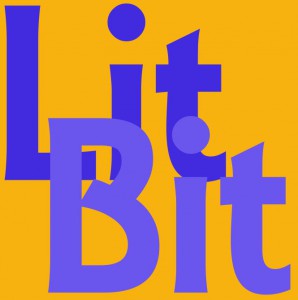LitBit Commentary – David Tripp on the Eucharist

LitBit: When we take part in the Eucharist, our individuality is affirmed but also lifted into a corporate richness in which the individual is saved progressively from individualism. The model for this manifold transformation, and the power that enables and bestows it, is the life of the triune God, in whom “person” is not a closed and self-defending private world but an openness that knows no limit to giving and a shared life that reaches out in shared sacrifice. Growing into trinitarian life includes a new vision of hope for the whole human community, as well as for the church.
David Tripp, “How often should United Methodists commune?”

